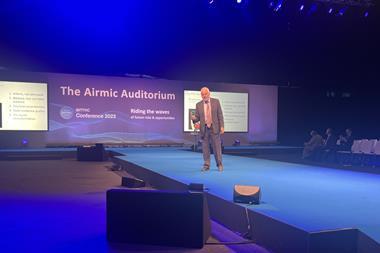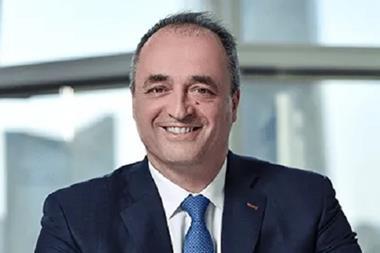A difficult future for UK profits was predicted by Sir Clive Thompson, chief executive of Rentokil Initial and a former president of the CBI. The traditional role of UK risk managers and the services they seek are changing. This is partly because of dissatisfaction with suppliers, and also because of new influences - particularly new corporate governance requirements.
The trends are revealed by analysis of two separate AIRMIC surveys, looking at use of market services, expenditure levels and job-role responsibilities. This analysis confirms preliminary findings (March 2001 StrategicRISK) that:
“From our results it is clear that the role of the risk manager in the UK today is growing and continuing to evolve in difficult insurance market circumstances. Allied to this, the value of professional risk management within UK businesses is gaining recognition,” comments AIRMIC chairman, Alan Fleming. “Faced with a market offering poorer service and signs that premiums are set to rise, decision-makers within companies are looking elsewhere to resolve their risk concerns, and increasingly turning to their in-house risk management functions, supported by external broking and consultancy services.
More than 65% of AIRMIC members reported significant growth in the scope and nature of their work-role. Only 3% expected their responsibilities to reduce. AIRMIC believes that the introduction of the Turnbull requirements and the need to demonstrate good corporate governance to shareholders and customers provide additional drivers.



















